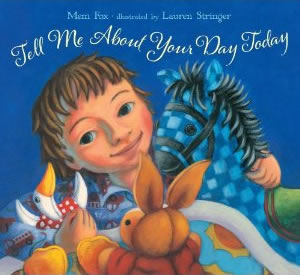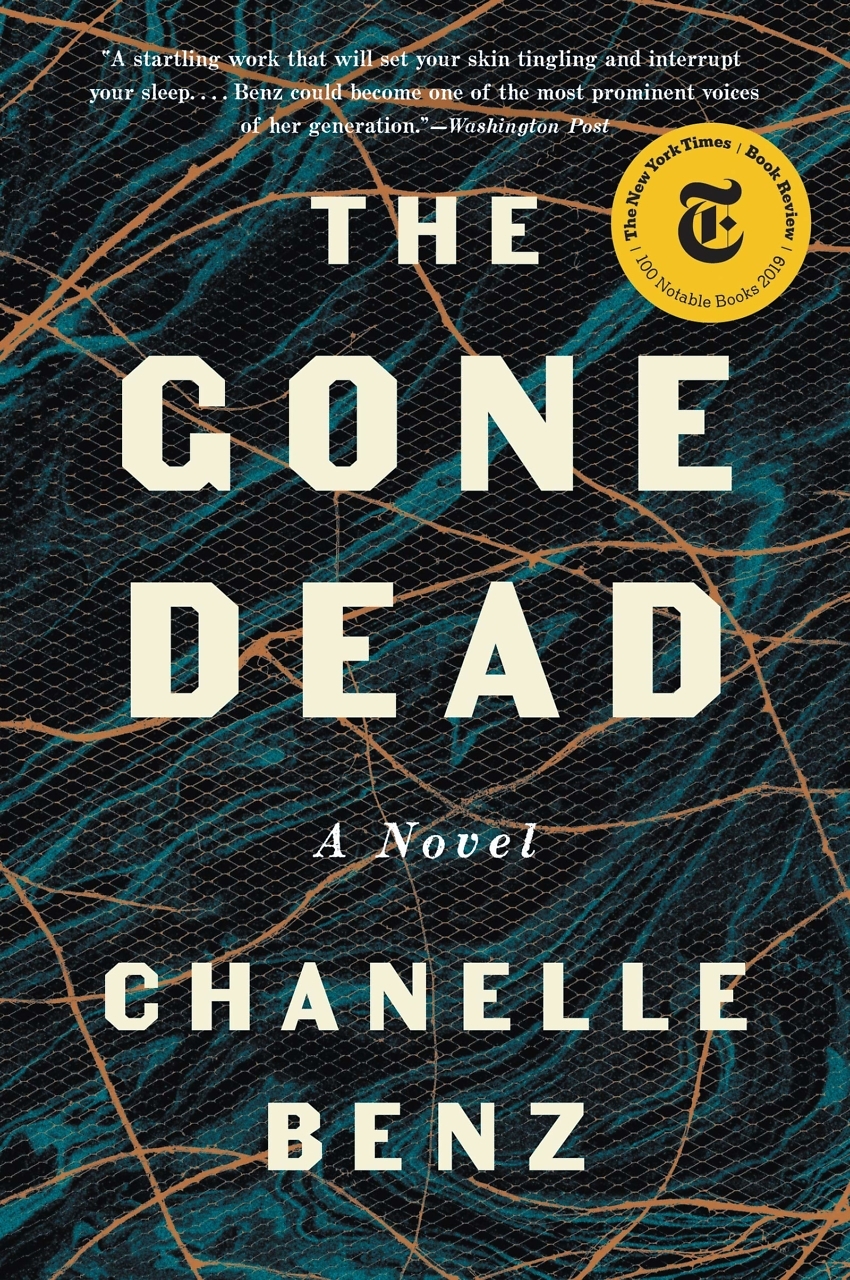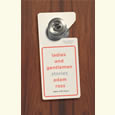A Brain on Fire
Award-winning author and literacy crusader Mem Fox preaches the importance of reading to children
Mem Fox believes passionately that a good book has the power to move a reader “profoundly, one way or another—to laughter or tears, horror or delight, disgust or dismay, fascination or fright. If a book makes children laugh, cry, squeal, shiver, or wriggle and jiggle in some way, it takes up residence in their hearts and stays there.” Inspired by decades of experience as an educator, an award-winning children’s book author, and a parent, Fox considers her most important role to be crusading for the importance of reading aloud to young children, which she believes is an absolutely essential component in a child’s healthy development.
Merrion “Mem” Frances Partridge was born in 1946 in Australia, but her parents, who worked as teaching missionaries, soon moved their young family to Southern Rhodesia, now Zimbabwe. Descended from a long line of teachers, preachers, storytellers, and writers, Fox describes herself in Dear Mem Fox as “merely the latest figure to be cut from the same old pattern that has been lying around in my family for generations.” She wrote her first book at the age of ten and was deeply affected as a child by the language of poetry, the Bible, and her own family’s lively conversation around the dinner table. At eighteen, Fox left Africa for London, where she studied drama under Rose Bruford, a legendary acting teacher whom Fox identifies in Reading Magic as “the most gifted storyteller I’ve ever heard,” no doubt because Bruford herself had been taught by the poets W. B. Yeats and John Masefield.
 In 1969, while in London, Fox married a teacher named Malcolm Fox. The couple moved to Australia in 1970, and the following year Fox gave birth to their only child, a daughter named Chloë. At age four, Chloë learned to read after attending school for only two weeks. Fox rushed to thank the teacher and asked, “How did you do it?” The teacher smiled and said, “I didn’t. You did.” Fox describes this exchange in Dear Mem Fox, explaining, “I hadn’t known then what I know now about the importance of reading aloud to children, but I’d done it anyway, not for educational reasons but because of the pure pleasure of interacting with my little kid as we read piles of wonderful books together.”
In 1969, while in London, Fox married a teacher named Malcolm Fox. The couple moved to Australia in 1970, and the following year Fox gave birth to their only child, a daughter named Chloë. At age four, Chloë learned to read after attending school for only two weeks. Fox rushed to thank the teacher and asked, “How did you do it?” The teacher smiled and said, “I didn’t. You did.” Fox describes this exchange in Dear Mem Fox, explaining, “I hadn’t known then what I know now about the importance of reading aloud to children, but I’d done it anyway, not for educational reasons but because of the pure pleasure of interacting with my little kid as we read piles of wonderful books together.”
In 1978, Fox was working on a degree at Flinders University to supplement her teaching certificate when she signed up for a course in literature for children. The teacher assigned the students to write a children’s book, and Possum Magic was born. This story about a baby possum enchanted with invisibility ultimately launched its author on an unexpected journey as a prolific and award-winning author, although it took a circuitous route to publication. Finally published in 1983 after many rejections and revisions, Possum Magic has sold more than four million copies worldwide. Fox has since written more than forty books for young children.
Fox’s picture books run the gamut from stories highlighting Australian flora and fauna, such as Koala Lou and the Christmas-themed Wombat Divine, to magical settings in The Magic Hat and The Goblin and the Empty Chair, but she writes most eloquently of relationships. Her lovely second book, Wilfrid Gordon McDonald Partridge, for example, features a young boy who gives his elderly neighbor a collection of his most prized possessions in the hope of helping her regain her failing memory. Tough Boris considers the secret humanity of pirates, and Ten Little Fingers and Ten Little Toes is a gentle reminder that the things we have in common are greater than the things that separate us: “There was one little baby who was born far away, / And another who was born on the very next day, / And both of these babies, as everyone knows, / Had ten little fingers and ten little toes.” Fox’s cuddle-encouraging bedtime stories include the popular Time for Bed and her most recent release, Tell Me About Your Day Today. Literature for children, she says, should leave them with “a head full of thinking, a heart at peace, and a brain on fire with the excitement of books.”
 It is difficult to imagine a childhood more suited to produce a champion of children’s literacy. From Fox’s family history to her training in dramatic reading and storytelling, to her careers both as an educator and as a children’s book author, so many of the events of Fox’s life have conspired to qualify her as an knowledgeable and passionate advocate for this particular cause. Having concluded her successful teaching career in 1996, Fox now travels the globe to promote the importance of literacy and the benefits of reading aloud to children. In Reading Magic, Fox uses simple, direct prose to explain her theory of reading education, extols the benefits to young children of hearing stories read aloud, and gives tips to parents and educators perhaps unfamiliar with the techniques of effective storytelling.
It is difficult to imagine a childhood more suited to produce a champion of children’s literacy. From Fox’s family history to her training in dramatic reading and storytelling, to her careers both as an educator and as a children’s book author, so many of the events of Fox’s life have conspired to qualify her as an knowledgeable and passionate advocate for this particular cause. Having concluded her successful teaching career in 1996, Fox now travels the globe to promote the importance of literacy and the benefits of reading aloud to children. In Reading Magic, Fox uses simple, direct prose to explain her theory of reading education, extols the benefits to young children of hearing stories read aloud, and gives tips to parents and educators perhaps unfamiliar with the techniques of effective storytelling.
Most experts agree that reading aloud regularly to children develops learning skills and speaking ability, and influences creativity and imagination. But Fox also emphasizes another result, less quantifiable perhaps, but surely no less valuable: “As we share the words and pictures, the ideas and viewpoints, the rhythms and rhymes, the pain and comfort, and the hopes and fears and big issues of life that we encounter together in the pages of a book, we connect through minds and hearts with our children and bond closely in a secret society associated with the books we have shared. The fire of literacy is created by the emotional sparks between a child, a book, and the person reading.” Mem Fox is still carrying the torch.
On November 5 at 6:15 p.m., Mem Fox will appear at the Nashville Public Library as part of the Salon@615 series. The event is free and open to the public.



